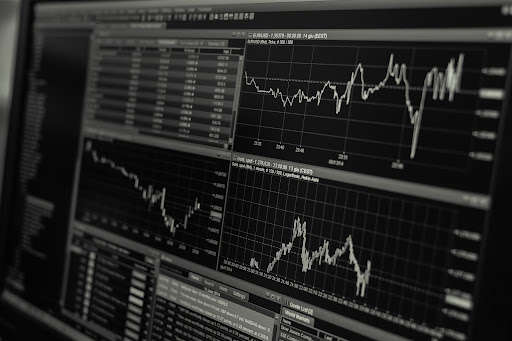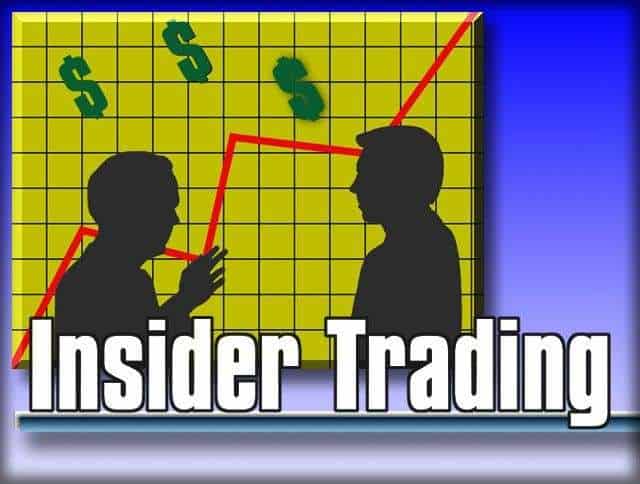Why is insider trading bad? It is an illegal practice that can have far-reaching negative impacts. Insider trading occurs when a person with privileged access to private, confidential information uses that knowledge to buy or sell securities on the stock market for personal gain. This puts ordinary investors and the markets at a huge disadvantage and can result in significant losses and even criminal charges. In this blog post, we will explore the negative impacts of insider trading and why it is bad for everyone.
How Does Insider Trading Impact the Economy?
Insider trading can have serious effects on the economy. When corporate insiders, such as executives and board members, use nonpublic information to make trades that provide them with a financial benefit, it can have serious consequences. Insider trading creates an uneven playing field for other investors, as insiders are using their privileged knowledge to gain an unfair advantage. This can lead to the mispricing of assets, impacting liquidity and the efficient allocation of capital.

Insider trading can also lead to a lack of investor confidence in the markets, as they may feel that the market is being manipulated. This can reduce investor participation and potentially cause an economic downturn. It can also cause companies to be less transparent with their information, leading to a lack of trust among shareholders. Finally, insider trading can encourage unethical behavior among other investors, creating a culture of unethical practices that could further weaken the economy.
How Does Insider Trading Impact, Individual Investors?
The effects of insider trading can be devastating for individual investors, who lack the privileged information that insiders have. When an insider profits from illegal trades, they can gain an unfair advantage over the other investors in the market. The insider may be able to buy security before its price rises and sell it after its price has increased, making a profit while the other investors suffer a loss. This creates an uneven playing field in the stock market, as those who are aware of inside information can capitalize on it while those who do not have access to the same information suffer.
In addition, insider trading can cause a lack of trust between investors and companies. Knowing that insiders may be illegally taking advantage of their position for personal gain can make individual investors wary of investing in a company or industry. This lack of trust can lead to decreased demand for securities, which in turn can hurt a company’s financial performance and overall success.
Finally, insider trading can lead to higher volatility in the stock market. When there is a significant amount of insider trading taking place, the prices of securities can become more unpredictable, leading to increased risk for all investors. This increased risk can lead to further mistrust among investors, resulting in an overall negative impact on the stock market.
What Are the Potential Legal Consequences of Insider Trading?
Insider trading can have serious legal repercussions. When an individual or company is caught profiting from insider trading, the effects of insider trading can include fines, jail time, or both. In the United States, the Securities and Exchange Commission (SEC) enforces laws against insider trading. The SEC has the power to file civil charges against those engaging in illegal insider trading. In the event of criminal proceedings, the Department of Justice (DOJ) may bring criminal charges.

The penalties for engaging in insider trading can be severe. The SEC has the power to impose civil penalties up to three times the amount gained or lost due to insider trading, as well as up to a $1 million fine. Criminal prosecution can lead to fines of up to $5 million and up to 20 years in prison.
Engaging in insider trading also carries reputational costs. Individuals and companies can suffer public shaming, which can damage their reputation and hurt their business. Furthermore, individuals found guilty of insider trading are often barred from working in certain industries or from being a director or officer of any public company.
Is Insider Trading Ever Ethically Defensible?
Insider trading is often seen as a way to make quick money, but it has many negative effects on the economy and individual investors. Despite the profit potential, most people would agree that it is unethical and often illegal.
The primary reason insider trading is frowned upon is that it can create an unfair playing field. People who have access to private information can act on it while other investors are left in the dark. This has a ripple effect, resulting in the manipulation of prices and the distortion of markets. Insider trading can also lead to a loss of investor confidence, which can cause a market crash.
At the individual level, the effects of insider trading can be even more severe. Investors who don’t have access to inside information can be taken advantage of by those who do. They may end up making investments based on false or misleading information, leading to financial losses. Even if investors don’t lose money, insider trading erodes their trust in the system and makes them less likely to invest in the future.
From a legal perspective, insider trading is often treated as a serious crime. In the United States, the SEC imposes strict penalties for those found guilty of insider trading, including jail time and hefty fines. In some cases, those who benefit from insider trading may be forced to give back any profits they made from the illegal activity.
While it is clear that insider trading is illegal and unethical, there are still some who argue that it can be ethically defensible in certain circumstances. For instance, some experts believe that the use of inside information can promote transparency in markets, allowing investors to make more informed decisions. Ultimately, though, most experts agree that any potential benefits do not outweigh the negative consequences of insider trading, making it unethical in nearly all cases.
Conclusion
Insider trading is bad for everyone because it undermines public trust in the markets, leads to unfair advantages for those with access to insider information, and can lead to legal and financial penalties for those found guilty of insider trading. Furthermore, insider trading can lead to market instability, cause investors to miss out on opportunities, and encourage unethical behavior.





